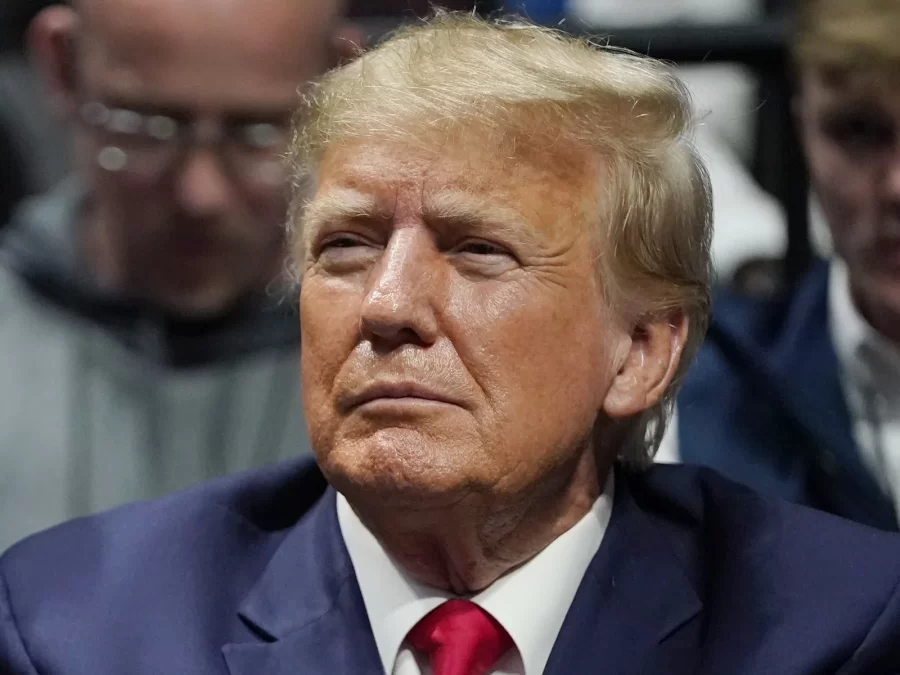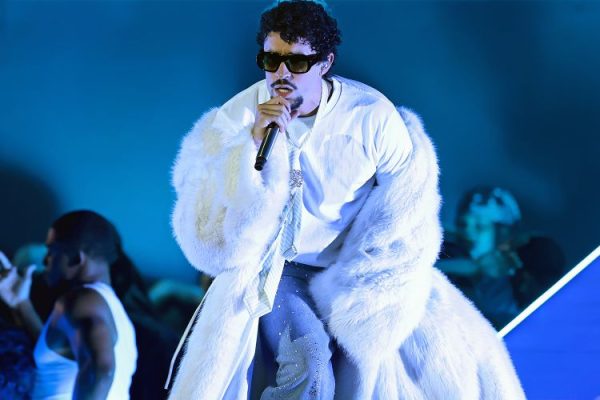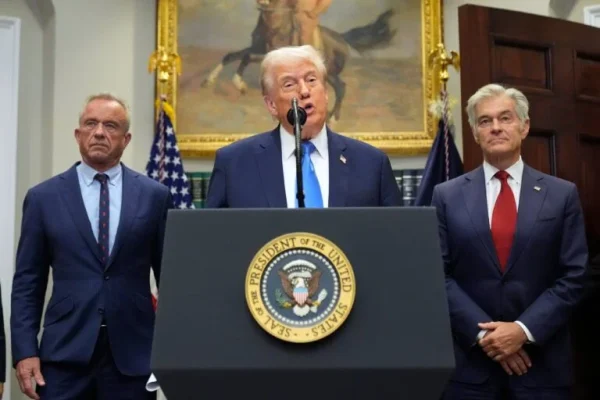A potential felon as a presidential candidate
April 19, 2023
On March 30, former President Donald Trump was indicted by a Manhattan grand jury, where he pleaded not guilty to 34 felony charges. These charges included falsifying business records and included Trump’s payment to Stormy Daniels, a pornstar he had an affair with, to keep her quiet in lieu of the 2016 Presidential election. Trump’s indictment makes him the first-ever former President to have been charged with a crime.
Trump’s indictment has raised questions regarding whether or not the former president will be treated differently based on his public status. The answer lies in the fact that despite his previous status, Trump is not above the law.
A person is indicted when a jury finds sufficient evidence or grounds to charge that person with a crime. Once indicted, prosecutors can establish and move forward with their case. Prosecutors normally have numerous options in terms of bringing charges against that indicted person; for instance, they can bring charges directly to the person or can employ a grand jury, which they often do in high profile cases, such as Trump’s, as it helps protect prosecutors involved. However, New York is one of 25 states that implements a grand jury for felony charges. In previous Presidential cases like United States v. Nixon and Clinton v. Jones, the understanding that no one is above the legal process, was also displayed.
In Trump’s case, it is important to note that despite being indicted and potentially convicted, he will still be eligible to run for, and if he wins, become president. Qualifications and requirements for presidents, written in the United States Constitution, simply state that a person must have been born in the United States, be a minimum of 35 years of age and have resided in the US for 14 years to qualify. Within the United States Constitution, there is no mention of criminal charges and no qualification that states a president can not have a criminal record.
Although Trump has the potential to be re-elected president, there are numerous challenges and obstacles that may make the road to president much trickier. An ironic, yet mind-boggling fact pointed out by many legal experts lies in the rules established by the electoral system, which prohibits felons from voting but not from running in an election. Within the United States, 48 states have laws implemented that ban and prohibit those with felony convictions from being able to vote. With that law in place, there might even be a situation where Trump runs for the presidential election, but will be unable to vote for himself.













